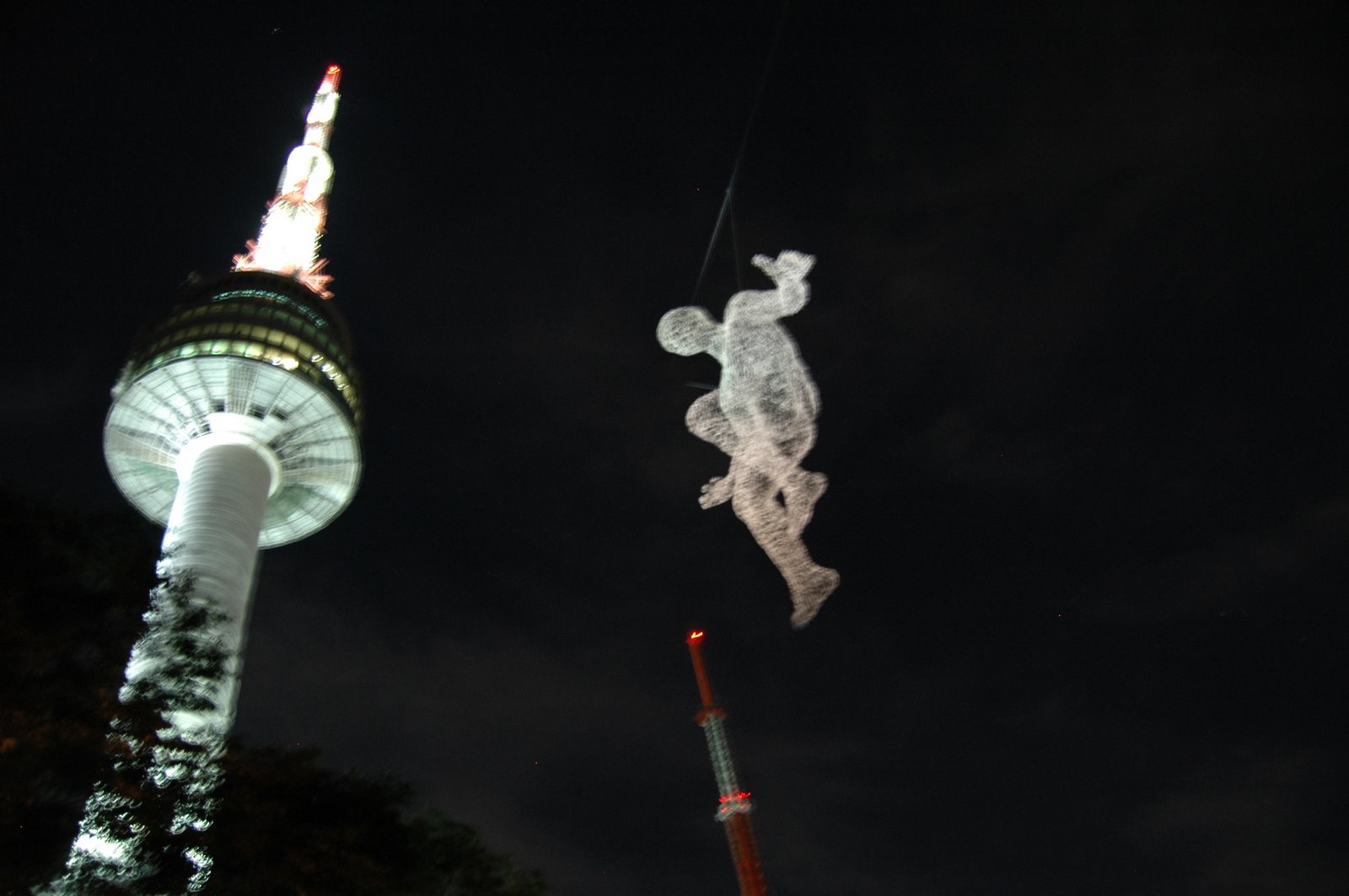 "No Country For Old Men"
"No Country For Old Men"By Cormac McCarthy
Cormac McCarthy's books are good for Hollywood. The movies win awards and make actors famous. They also make some people a lot of money. McCarthy himself hasn't always had that much money, but that hasn't mattered much to him. He has written books for a long enough time that he has started to make money doing it.
In "No Country For Old Men" Llewelyn Moss learns a lesson about money. He learns that when there's a lot of it lying in the middle of the Texas prairie, it's hard to pass up. It doesn't matter that he stumbles across it after checking out a battlefield littered with dead Mexican drug runners. When you live in a trailer and your wife works at Wal-Mart you don't walk away from a satchel full of cash. No matter how much blood it might have cost. He also learns that big money leads to big trouble.
On the Texas-Mexico border that McCarthy writes about no one hides from the sun and the dust blows hard. There are people working deals in the middle of the night at a level of criminal activity that, as Sheriff Bell says, is "hard to even take its measure." Bell has been working the job in his county for decades and he's seen the intensity of crime climb. He narrates a passage at the beginning of each chapter full of learned experience, trying to explain how he has been able to crawl into his cruiser day after day.
If there is one thing that McCarthy knows, it's voice. Anyone who has spent time in the American West can apply the proper accent and inflection to his sparse character dialogue. The Coen Brothers received a lot of praise and money for their film. They found some good landscapes to shoot - old motels at sunset and the Texas prairie, and the scene where Chigurh kills Carson Wells is already on the syllabus for this semester at film school. But their artistic interpretation didn't require much alchemy. The meat of the story was already there. In fact, it's difficult to understand how they reconciled cutting what they did from an already tight, lean novel.
One of the most common complaints from people who watched the film came from the directors' use of ambiguity. People said they wanted to see how Llewelyn's story played out, or know exactly what Chigurh did with Carla Jean. It gave them a lot to talk about but they didn't want to have to guess. Viewers left the movie with questions that couldn't be answered. The solution to that is simple: Read the book and you won't have to. It's all in there plus some bonuses.
People who loved the movie will find the book by a large degree more enjoyable. There is more narration, more is explained, the characters are more developed - there is just more. We all should have read the novel before we watched the movie, but it doesn't always happen that way. It's not too late, though. There is still a lot of pleasure to be gained from reading. The scene where Llewelyn picks up the girl hitchhiker is worth it alone.
The good that comes from the film industry recognizing McCarthy's talent manifests itself in the form of exposure. Along with Phillip Roth, Don DeLillo and Thomas Pynchon, he has long been considered one of America's great living writers. Of the four, McCarthy is the most deserving of the Nobel Prize. Maybe if they keep making his books into Oscar-winning films, he'll get what he deserves.





1 comment:
Very good blog. I wish you much success.
Post a Comment